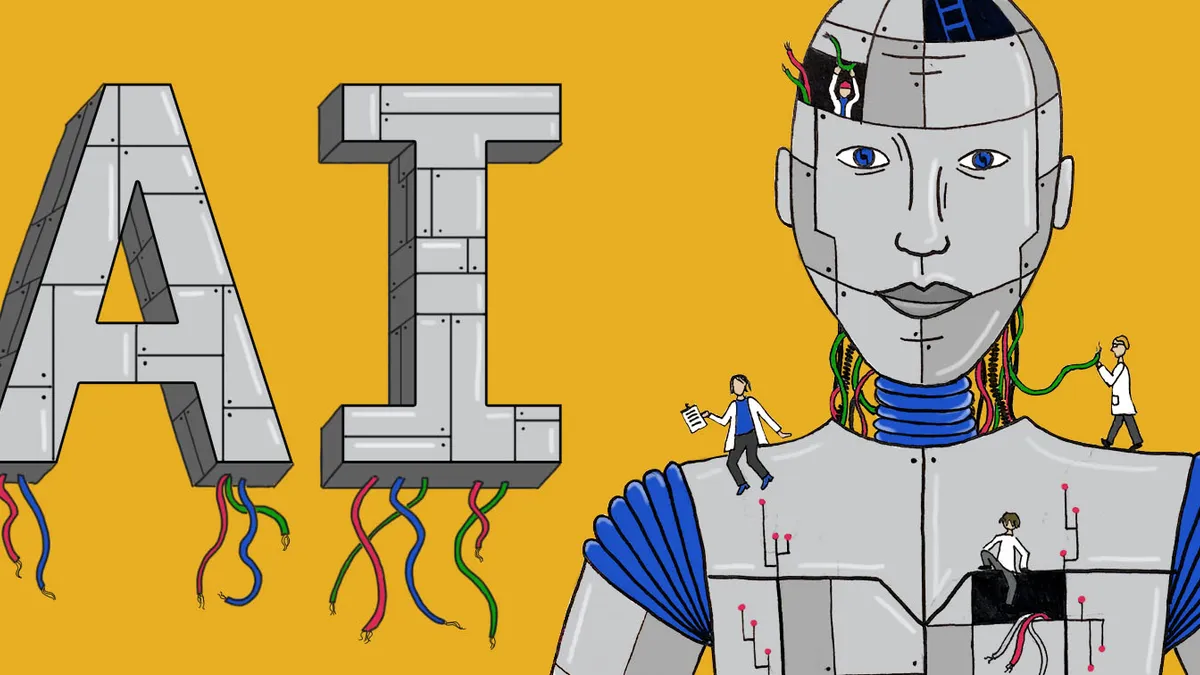Dive Brief:
- No major city is well prepared for the disruptive potential of artificial intelligence (AI), according to a new analysis from the research firm Oliver Wyman Forum.
- Through interviews with government leaders, nonprofits, business groups and academics, the report analyzed AI policies in 105 international cities across four criteria: the quality of a plan; the ability to execute; the quality of talent and education; and the city's overall momentum. No city scored higher than an 80 (out of 100) across all four categories.
- "All cities will need to continue to make substantial improvements to fully prepare for the impacts of next-generation technology," the report found, citing the potential workforce, technology and governance disruptions that will come with AI.
Dive Insight:
AI has already begun to reshape technology and the economy, slowly becoming integrated into everything from transportation to civic functions. There are widespread beliefs about how disruptive automation will be; a National League of Cities (NLC) report last year cited studies that predicted anywhere from 9% to 47% of jobs will become automated.
What is clear is that governments will have to be nimble in crafting policies to help displaced workers and ward off potential bias and discrimination that can result from AI networks. The NLC report said cities should take "strategic steps" to get ready for the new economy. At an event hosted by The Economist in March, Lynne Parker, assistant director for AI at the White House Office of Science and Technology Policy said, "we need to foster an environment where we’re used to the idea of lifelong learning."
But the Oliver Wyman report comes to the conclusion that cities aren’t creating that environment yet, at least not a holistic one that will head off all implications of AI. It did find that Singapore was the most prepared of the cities (with a 75.8 overall score), and topped the list in understanding of AI risks. London was the next most-prepared city (75.6) and had the best quality of labor and education. New York (72.7), San Francisco (71.9) and Paris (71) were next on the list, although none of those "top" cities were deemed "fully prepared."
"Some cities, like Singapore, are better prepared than others, but all cities will need to make improvements to prepare for the impacts of next-generation technology," said Kaijia Gu, co-leader of the Oliver Wyman Forum's City Readiness initiative, in a statement.












